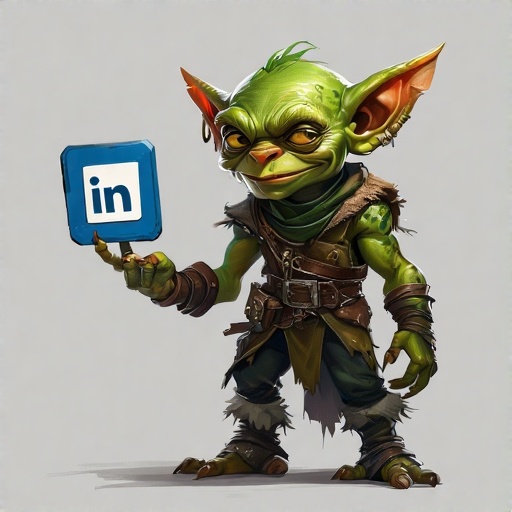In 2025, artificial intelligence is no longer just about chatbots answering questions or algorithms recommending movies. We are now entering the era of AI agents—autonomous systems capable of perceiving, reasoning, and acting independently to accomplish complex tasks. These agents are transforming industries, reshaping workflows, and redefining what automation means in the digital age.
What Are AI Agents?
AI agents are software entities designed to operate with a degree of autonomy. Unlike traditional automation scripts or rule-based bots, AI agents can:
- Understand goals and environments
- Make decisions based on context and data
- Interact with users, systems, and other agents
- Learn and adapt over time
They are often powered by large language models (LLMs), reinforcement learning, and multi-modal inputs (text, voice, images). These agents can be embedded in applications, run on the cloud, or even operate locally on edge devices.
Why 2025 Is the Year of the AI Agent
Several converging trends have made 2025 a tipping point for AI agents:
- LLM maturity: Models like GPT-4, Claude, and Gemini now support reasoning, planning, and tool use.
- Tool integration: Agents can call APIs, use browsers, and interact with software autonomously.
- Agent frameworks: Platforms like LangChain, AutoGen, and CrewAI make it easier to build and orchestrate agents.
- Enterprise adoption: According to Capgemini, 82% of organizations plan to integrate AI agents by 2026.
How AI Agents Are Changing Automation
Traditional automation focused on repetitive, rule-based tasks. AI agents go further by handling tasks that require judgment, adaptation, and interaction. Here are some examples:
- Customer support: AI agents resolve 70% of queries without human intervention, using emotional intelligence and contextual memory.
- Software development: Agents like Devin and Cursor can write, test, and deploy code autonomously.
- Healthcare: Virtual health advisors analyze patient data, schedule appointments, and suggest treatments.
- Finance: Agents monitor transactions, detect fraud, and provide personalized investment advice.
Let me show you some examples from real life:
- At a cloud services firm, AI agents monitor server health and automatically scale resources during peak traffic.
- In logistics, multi-agent systems optimize supply chains by forecasting demand, managing inventory, and coordinating deliveries.
- In education, AI tutors adapt to student learning styles and provide personalized feedback in real time.
From Co-Pilots to Co-Workers
One of the most profound shifts is the move from AI as a passive assistant to an active collaborator. In software engineering, for instance, developers are no longer writing every line of code. Instead, they orchestrate agents that generate, test, and refactor code. This changes the developer's role from implementer to architect.
Gartner predicts that by 2028, 90% of enterprise developers will use AI code assistants, up from just 14% in 2024. The same trend is visible in marketing, HR, and legal departments, where agents are drafting content, screening candidates, and reviewing contracts.
Challenges and Considerations
Despite the promise, deploying AI agents at scale comes with challenges:
- Security: Autonomous agents must be governed to prevent misuse or unintended actions.
- Transparency: Agents must explain their decisions, especially in regulated industries.
- Bias and fairness: Agents trained on biased data can perpetuate discrimination.
- Human oversight: Agents should augment, not replace, human judgment in critical workflows.
Organizations are responding by implementing guardrails, audit trails, and human-in-the-loop systems to ensure responsible AI deployment.
How to Start Using AI Agents
For developers and businesses looking to adopt AI agents, here’s a simple path forward:
- Identify a high-impact use case (e.g., customer support, internal ticket triage).
- Choose a framework like LangChain or AutoGen to build your agent.
- Integrate tools (APIs, databases, browsers) the agent can use.
- Test in a sandbox environment with clear boundaries and fallback mechanisms.
- Deploy gradually, monitor performance, and iterate based on feedback.
Even non-developers can experiment using no-code platforms like n8n or Power Automate, which now support AI agent workflows.
The Road Ahead
AI agents are not just a trend—they represent a fundamental shift in how we build and interact with software. As they become more capable, collaborative, and context-aware, they will blur the line between tool and teammate.
In the near future, we may not just use software—we’ll delegate to it. And that changes everything.
Welcome to the age of autonomous intelligence.







Add a Comment